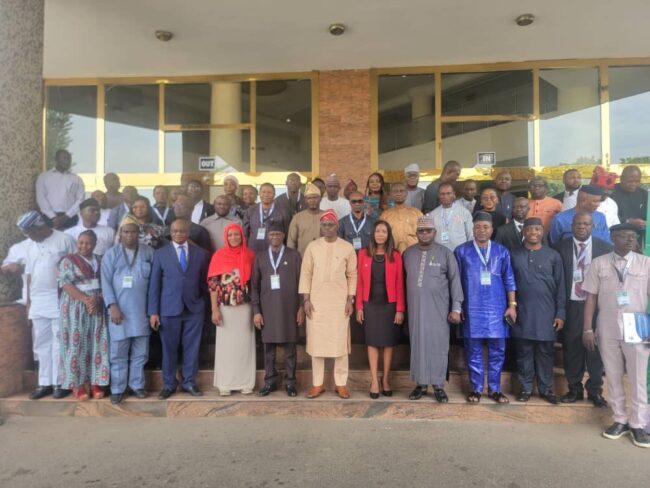The United Nations Food and Agriculture Organization (FAO) is collaborating with the Forestry Research Institute of Nigeria (FRIN) and the Global Environment Fund (GEF) to ensure conservation and restoration of degraded forest ecosystems through the implementation of Food Systems, Land Use, and Restoration (FOLUR).
The Country Representative for FAO, Dominique Kouacou, disclosed this while speaking at the Opening Ceremony of the FAO-GEF 7 FOLUR National Inception Workshop with the theme “Promoting Integrated Landscape Management and Sustainable Food Systems in the Niger Delta of Nigeria”.
Kouacou, who was represented by Mrs. Nifesimi Ogunkua, noted that the collaborative effort underscores FAO’s commitment to advancing the agricultural landscape in Nigeria and contributing to the broader goals of sustainable development.
HOMEF Calls for Adoption of Agro-ecology Practice
The FAO representative pointed out that the Niger Delta region is experiencing alarming rates of deforestation, primarily driven by agricultural expansion, especially in cocoa and oil palm cultivation, adding that the project is basically to promote land use and food systems in the region with a focus on Ondo State and Cross River States.
“The implementation of the GEF-7 FOLUR-IP project is anticipated to yield numerous benefits, including 795,200 hectares of landscapes covered by Integrated Land Management plans and 110,000 hectares of land under sustainable practices, with at least a 20% increase in the yield of cocoa and oil palm per hectare by project closure.
CGIAR, IITA, FAO Others Make Case for Spread of Agricultural Innovation
“Restoration of 18,800 hectares of degraded forest landscape, sequestration of 15.6 million tons of CO2, and 10,000 people benefiting from income diversification interventions, with a target of at least 50% women.
The National Project Coordinator of FOLUR, Professor Oladapo Akinyemi, explained that the project aimed at focusing on smart agriculture that involves the planting of trees and the use of agro-forestry systems to transform degraded forests in the country.



